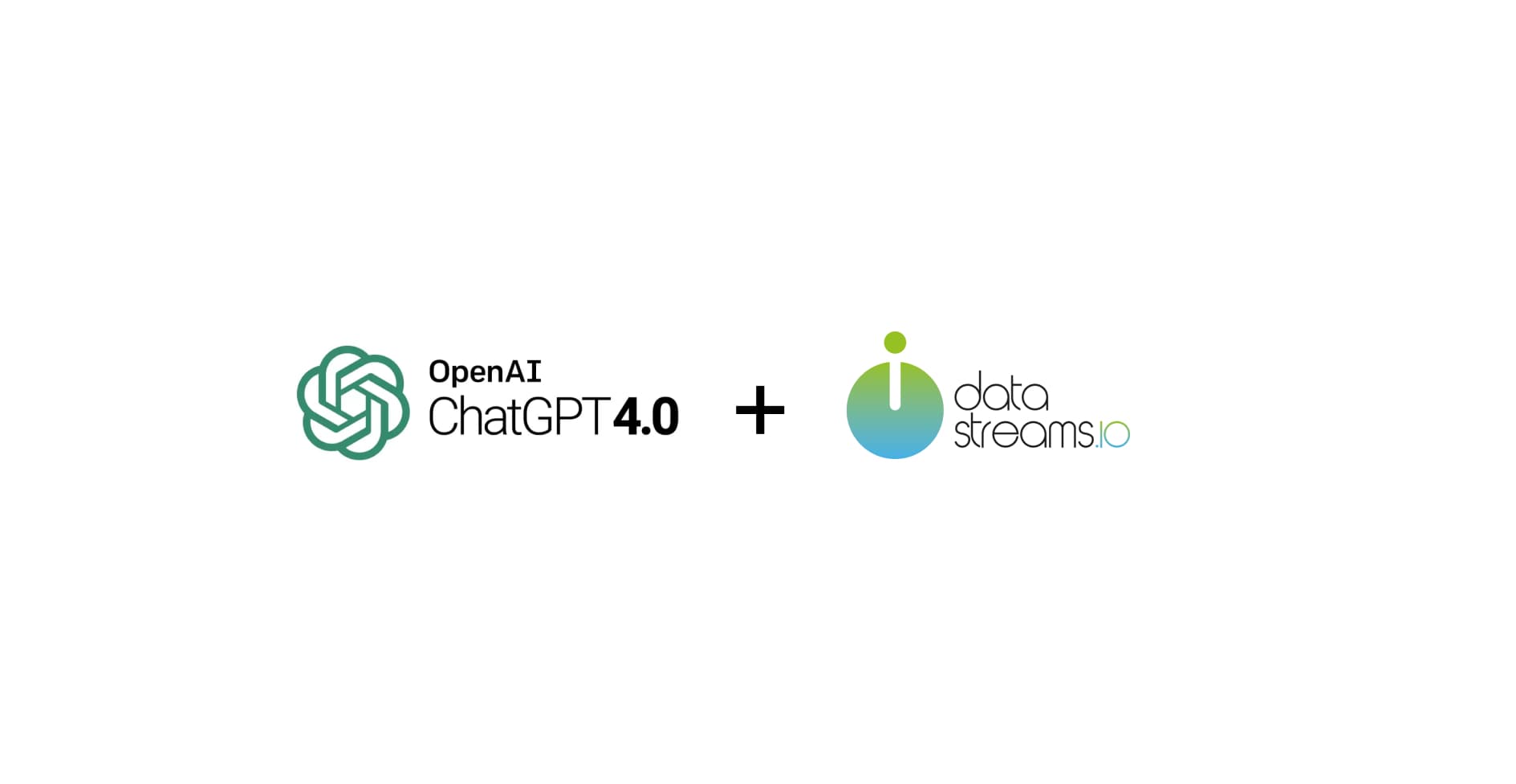Once again, ChatGPT came to the rescue, and with its help, I was able to demystify the concept of ‘Privacy by design and by default’ before my coffee even had a chance to get cold.
Just as gold and silver once underpinned the wealth of nations and individuals alike, today’s digital empires are built on vast reservoirs of data. However, with this wealth comes the significant responsibility to protect individual rights and freedoms, as the misuse of personal data presents risks, we cannot afford to ignore.
To avoid these risks , it’s imperative to integrate data protection measures within the very design of new technologies. This proactive approach, known as ‘Privacy by Design’ is at the heart of what we do here at Datastreams. As a Regulatory Technology company, we prioritize privacy from the outset. We aim to empower companies to implement their own ‘privacy by design’ approach, by offering them a no-code data management platform that is General Data Protection Regulation (GDPR) compliant. This guarantees that data collection and processing align precisely with their unique privacy standards.
In this article, I’ll delve into the essence of ‘Privacy by Design and by Default,’ and how our platform ensures that your data management practices are fully GDPR compliant.
What is ‘Privacy by Design’?
‘Privacy by Design’ stands as a fundamental cornerstone of the European Union’s data protection regulatory framework. It organically integrates privacy safeguards into the operational stage of all technologies , rather than addressing data prevention after the infringement or security incident has occurred. This proactive approach ensures robust protection for personal data while enhancing cost-effectiveness. Organizations are required to assess privacy risks throughout a project’s lifecycle and implement appropriate measures to mitigate these risks.
Originally articulated in the 1970s , the concept was already integrated into the RL 95/46/EC data protection directive in the 1990s. However, under the GDPR it was introduced alongside the notion of ‘ Privacy by Default’ —whereby companies must process personal data with stringent privacy safeguards to guarantee that the information is not automatically accessible to a wide audience. An example of this would be by guaranteeing that the technology adheres to the data minimization and purpose limitation principle (Art. 5(1)(b) and (c)), under which only necessary processing for the lawful purpose should be carried out.
“Privacy by Design and by Default” is mandated under Article 25 of the GDPR, requiring data controllers to implement measures that ensure data protection principles and secure data processing from the outset. This includes adopting default settings that limit data processing to only what is necessary for each specific purpose.
Further encouraging compliance, Recital 78 of the GDPR encourages organizations that develop, select, or use applications involving personal data processing to opt for solutions that embody these privacy principles. Non-compliance risks not just the integrity of data but also substantial fines, which can amount to up to €10,000,000 or 2% of the global annual turnover.
Additionally, organizations must adopt either a Processing-Oriented or a Data-Oriented strategy. The former emphasizes timely and adequate communication to data subjects about the processing of their data, while the latter limits data processing to the essential minimum. Both strategies necessitate stringent security measures like encryption and comprehensive privacy risk assessments, especially for high-risk data processing scenarios necessitating a Data Protection Impact Assessment as stipulated in Article 35 of the GDPR.
Information and Privacy Commissioner of Ontario: 7 Foundation Principles
In 2009, the Information and Privacy Commissioner of Ontario (IPCO) established ‘7 Foundational Principles’ of ‘Privacy by Design’. These information management principles were developed to standardise an organisation’s policy, product or system involving personal data processing. The principles of ‘Privacy by design’ are as follows:
- Proactive Protection: Implement proactive and preventative measures for robust privacy protection.
- Default Privacy: Ensure privacy is the default setting, automatically maximizing protection.
- Integrated Privacy: Embed privacy seamlessly into the design of all technologies.
- Positive-Sum Approach: Balance privacy with other goals, avoiding compromises.
- End-to-End Security: Secure data throughout its entire lifecycle, from collection to destruction.
- Transparent Operations: Maintain openness and accountability, with processes open to verification.
- User-Centric Privacy: Prioritize user interests with strong defaults and user-friendly options for managing personal data
Managing Personal Data with Datastreams
At Datastreams we strive to enable companies to be GDPR compliant, by providing a no-code data management platform, which ensures their data collection and processing is tailored to meet their specific privacy standards. This includes helping them adhere to the ‘Privacy by Design and by Default’ requirements under Article 25 GDPR and IPCO’s 7 principles.
Through its innovative low-no code platform, Datastreams empowers organizations to build and customize data management services that are inherently privacy-focused. This aligns seamlessly with the first principle IPCO principle, which advocates for proactive and preventative measures in privacy protection. This includes deciding the policy level from the outset (see image below).

Moreover, Datastreams ensures that privacy is the default setting, by minimizing data processing and ensuring that personal data is not accessible without explicit user action. This is crucial in complying with GDPR’s mandates, particularly those concerning data minimization and purpose limitation (Art. 5(1)(b) and (c)).
Incorporating privacy creatively into its core operational components, Datastreams ensures that the functionality of its data management services is enhanced rather than compromised by privacy features. This creative integration facilitates a harmonious balance between operational efficiency and stringent privacy controls—achieving positive-sum, not zero-sum, outcomes.
It’s platform design includes comprehensive security measures from data collection to destruction. This is critical in safeguarding data integrity and confidentiality throughout its lifecycle, thus maintaining trust and robust protection.
Transparency and accountability are also key features of Datastreams’ operations. The platform’s processes are visible and open to audits, ensuring that users and regulators can verify its adherence to privacy standards and compliance with fair information practices.

Finally, Datastreams prioritizes individual privacy interests through its strong privacy defaults, clear notices, and user-friendly options. It empowers users to actively manage personal data, providing tools and settings to control data sharing and processing preferences efficiently and transparently.
Thus, by embedding these privacy principles into its architecture, Datastreams not only helps organizations comply with regulatory standards but also fosters trust and provides a robust framework for managing personal data, ensuring your company meets contemporary privacy expectations and requirements.


 Feel free to contact me, and I will be more than happy to answer all of your questions.
Feel free to contact me, and I will be more than happy to answer all of your questions.